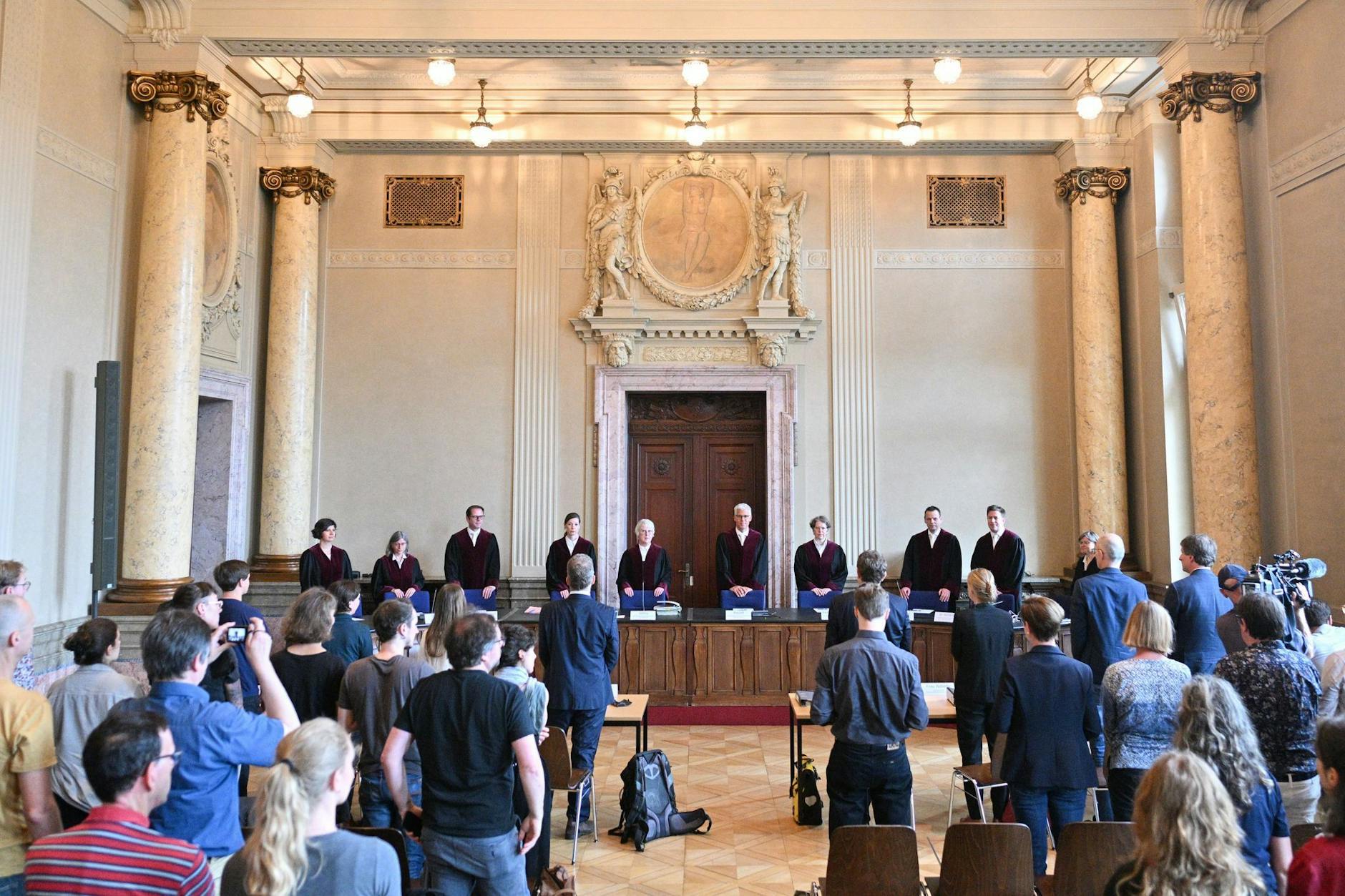Judges allow “Berlin car-free”: They want to take away the freedom of hundreds of thousands

The "Berlin Car-Free" referendum aims to massively disrupt the lifestyles of almost all Berliners. You can't be serious. A comment.
The decision by Berlin's highest court to allow the "Berlin Car-Free" referendum comes as a surprise. And it's wrong, for several reasons. Assuming the project were to be successful in a subsequent referendum and the city center were to become largely car-free, chaos would be complete.
To be clear: What the initiative wants is a massive infringement on the personal freedom of hundreds of thousands of people. Here are a few figures: 1.3 million people live within the S-Bahn ring, and they have around 300,000 registered cars. Where should these cars go?
Beyond all polemics, perhaps a brief look at the personal perspective: Our family lives one and a half kilometers outside the S-Bahn ring. So, not in the center, but close. We usually take public transport or our bikes because it's often more sensible and even more convenient than slogging through the city in the family car.
So the car mostly sits unused. It's only moved occasionally: for shopping and small deliveries (sometimes within the ring), sometimes to work (almost always within the ring), to visit friends and family (sometimes within the ring), to events (mostly within the ring, but also through it), to sports (mostly within the ring), etc. – and in return, people accept the daily chaos of construction sites and parking fees. Completely normal; that's the price of living in a big city.

None of us has ever counted how many trips we currently make per year into the potentially soon-to-be-banned zone. And I find it unreasonable to expect to have to keep a tally of this in the future. The idea that we would have to register trips with any authority—at the risk of being banned from driving if we exceed a certain number—is completely absurd. This form of state dirigisme is unacceptable.
What Berlin's traffic really needsBut that doesn't mean that Berlin's traffic system doesn't urgently need changes. For example, Berlin finally needs comprehensive parking management in the city center. It's true that space, a scarce commodity in a big city, is money. This would definitely have a controlling effect and might even lead to a little more thought about one or two trips. Does it really have to be the car this time?
Furthermore, the ridiculously low resident parking fees, which have been in place for two decades, must finally be raised. €10.20 per year is embarrassing – and it's an unforgivable scandal that this hasn't even come close to covering the administrative costs from day one. Of course, all these parking fee increases should make exceptions for certain groups of people, such as tradespeople or shift workers.
Everything's fine! But bans that drive people to the barricades are harmful. If they were to come into effect, half the city would once again be thrown into the traffic policy trenches.
And one more thing: Such radical demands, which massively interfere with the lifestyles of millions of people, render referendums absurd. The Berlin Senate—and likely its successors—will do everything in their power to prevent a potentially positive vote from being translated into practical policy. The social and economic damage would outweigh the benefits. In every respect. Anyone who doesn't want all of this should vote no on the day of the vote.
This is especially true for the Berlin Greens. When the referendum was launched in 2022, the then Senator for Transport and the Environment, Bettina Jarasch, rejected it as too radical. Does that still hold? If not, the next election will pay the price.
Berliner-zeitung




